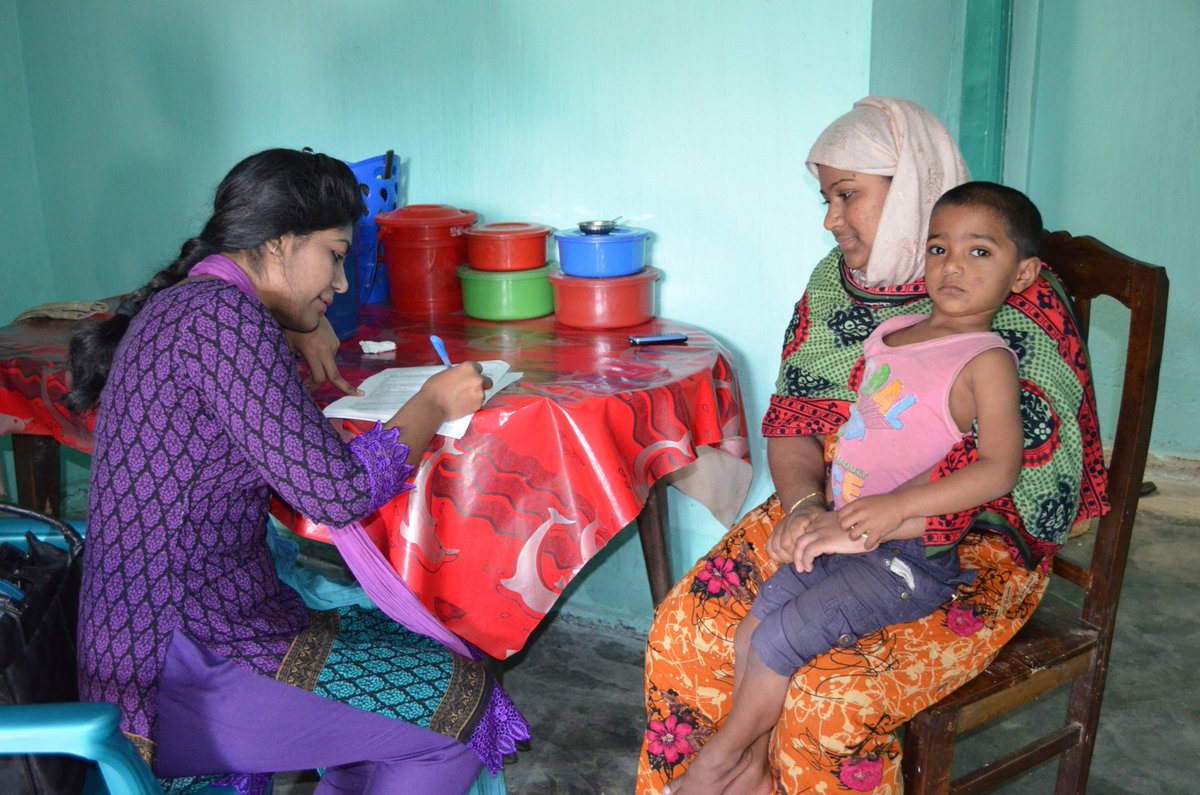
In recent years, there’s been a growing awareness about the role of data in international development.
For the most part, the international development community looks at data as a way to inform our work, to capture the impact that we’re having in improving people’s lives, and to figure out how we can make our programs better. We look at statistics on literacy, on access to clean water, on vaccination rates, on people living below the poverty line – all with the goal of better understanding the development challenges we face and whether and wheather and how our work is making a difference.
But in democracy assistance work, often data doesn’t just inform the program – it IS the program. The goal of democracy assistance programs, ultimately, is that an informed citizenry is empowered to demand effective, responsive and representative government. Data and information is a critical component of this process. To encourage transparent and accountable government, civil society and citizen activists need access to data on government spending and performance. And in order to respond to citizen priorities and expectations, government officials and political parties need access to objective, reliable and accurate public opinion research.
For twenty years, the International Republican Institute has been conducting public opinion research to help citizens, civil society, political parties and government officials contribute to their country’s democratic process. In the 1990s in Central and Eastern Europe, IRI conducted some of the first national public opinion polling after the fall of communism, and helped new democratic governments and party leaders use rigorous, quantitative public opinion data to best understand what the people wanted of them. Particularly in emerging democracies, IRI has noted that political leaders often lack an understanding of how to use public opinion data either because they had no need of it in their previous professions (think playwright Vaclav Havel in then Czechoslovakia or shipyard worker Lech Walesa in Poland) or because in the old authoritarian system, no one ever sought to measure what the public actually thought about their government. IRI’s public opinion research work not only provides political decision-makers with high-quality data on public opinion trends, but helps these decision-makers understand the data to inform policies and platforms.
However, building the demand for public opinion research is just one part of the equation. IRI also understands the importance of building sustainable, in-country capacity to carry out this research independently. We conduct our polls in partnership with in-country researchers, sharing our global experience and institutional expertise. We’ve seen many of our research partners grow from small, nascent outfits into mature, independent firms who conduct polling for national and international audiences. And in some parts of the world, we have invested in networks among these organizations that enable them to share best practices among themselves and across regions.
At IRI, it’s not just that our programs are data-driven. It’s that data is at the core of what we do. Since our first public opinion polls were conducted back in the early 1990s, we have encouraged data-driven democracy all over the world, conducting more than 630 polls in more than 60 countries with more than 1.2 million respondents. Check out the stories behind these statistics and learn more through IRI’s Center for Insights and Survey Research!
Top